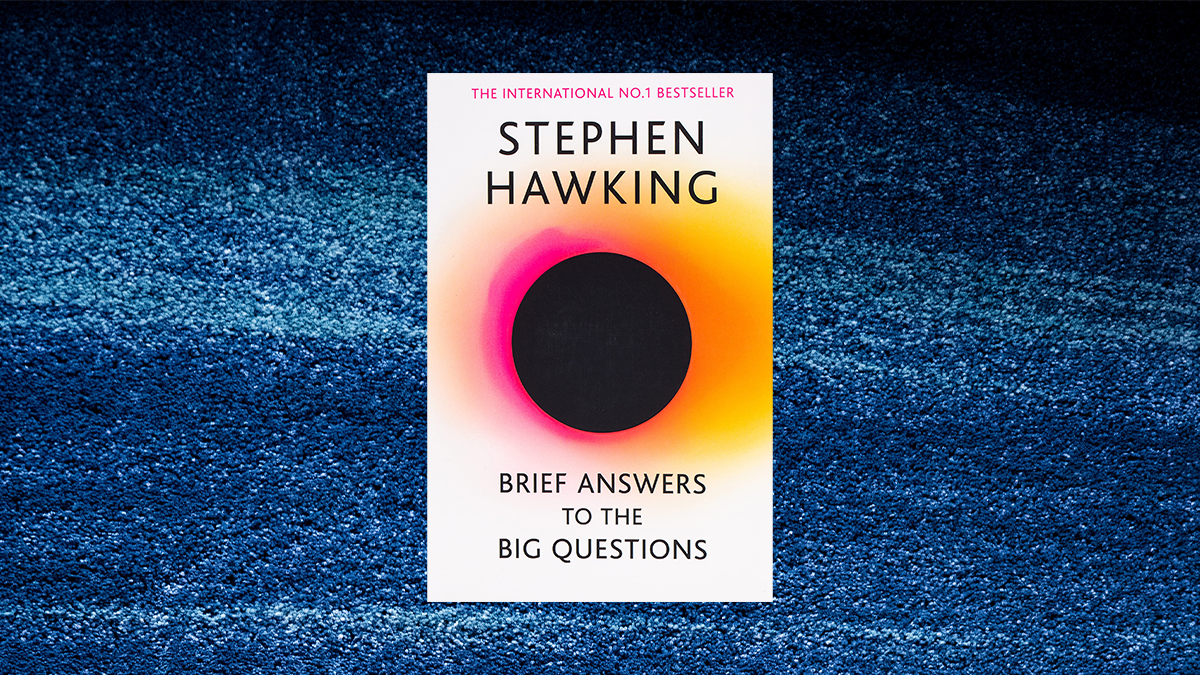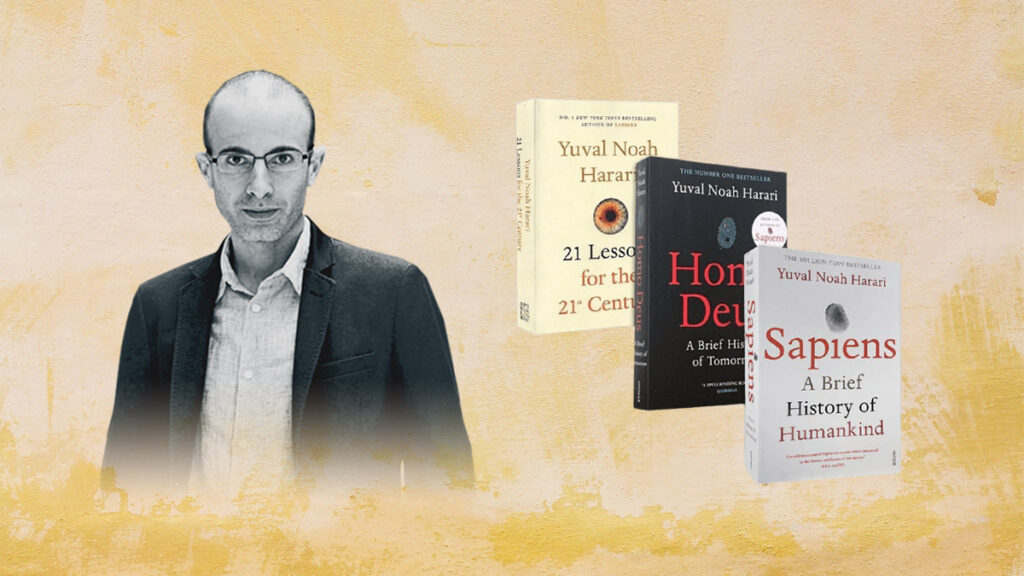Undoubtfully, humans ask questions all the time.
And, undoubtfully again, those seem never-ending and somewhat chaotic questions have led us to explore, to adventure through centries, shaped our civilizations, our consciousness, and our being as we are now.
Professor Stephen Hawking was a Theoretical Physicist, one of the most internationally recognized scientists of our time. Some of his research includes the big bang and black holes. A lot of his research was pioneering. He proposed a theory for black hole radiation that was named after him – Hawking radiation.
As the media described: ” ‘Brief Answers To The Big Questions’ is Stephen Hawking’s parting gift to humanity.” This book is a compilation of his answers, answers on which he was still working at the time of his death.
Within the Brief Answers To The Big Questions, there are 10 wide-ranging chapters, in each Hawking aims to answer some of the universe’s largest and most complex questions.
- Is there a God?
- How did it all begin?
- Is there other intelligent life in the universe?
- Can we predict the future?
- What is inside a black hole?
- Is time travel possible?
- Will we survive on Earth?
- Should we colonise space?
- Will artificial intelligence outsmart us?
- How do we shape the future?
Those who are more familiar with cosmology, relativity, and astronomy may not find much that is new, but it is in great deal interesting to see Hawking’s take on affairs. In essence, this book – especially the final chapter “How do we shape the future?” – will stand as Hawking’s manifesto. Optimistic, upbeat and visionary, it sees science – and scientific understanding as vital for the future of humanity.
If there is a unifying theme across the book, it is Hawking’s deep faith in science’s ability to solve humanity’s biggest problems — be they in theoretical physics or the future of our species on Earth. His answers to the big questions illustrate his belief in the rationality of nature and in our ability to uncover all its secrets. His optimism permeates every page.
Below are some of the branched questions and answers by Hawking that are noted at the end of each chapter, for me reading these, is just like having a conversation with one of the most interesting people on earth. Mind-blowed and inspired.
What came before the Big Bang?
According to the no-boundary proposal, asking what came before the Big Bang is meaningless—like asking what is south of the South Pole—because there is no notion of time available to refer to. The concept of time only exists within our universe.
Do the laws governing the universe allow us to predict exactly what is going to happen to us in the future?
The short answer is no, and yes. In principle, the laws allow us to predict the future. But in practice the calculations are often too difficult.
Is falling into a black hole bad news for a space traveller?
Definitely bad news. If it were a stellar mass black hole, you would be made into spaghetti before reaching the horizon. On the other hand, if it were a supermassive black hole, you would cross the horizon with ease, but be crushed out of existence at the singularity.
What is the biggest threat to the future of this planet?
An asteroid collision would be—a threat against which we have no defence. But the last big such asteroid collision was about sixty-six million years ago and killed the dinosaurs. A more immediate danger is runaway climate change. A rise in ocean temperature would melt the ice caps and cause the release of large amounts of carbon dioxide. Both effects could make our climate like that of Venus with a temperature of 250 degrees centigrade (482 degrees Fahrenheit).
The era of civilian space travel is coming. What do you think it means to us?
I look forward to space travel. I would be one of the first to buy a ticket. I expect that within the next hundred years we will be able to travel anywhere in the solar system, except maybe the outer planets. But travel to the stars will take a bit longer. I reckon in 500 years, we will have visited some of the nearby stars. It won’t be like Star Trek. We won’t be able to travel at warp speed. So a round trip will take at least ten years and probably much longer.
What world-changing idea, small or big, would you like to see implemented by humanity?
This is easy. I would like to see the development of fusion power to give an unlimited supply of clean energy, and a switch to electric cars. Nuclear fusion would become a practical power source and would provide us with an inexhaustible supply of energy, without pollution or global warming.
“This is not the end of the story, but just the beginning of what I hope will be billions of years of life flourishing in the cosmos.
And one final point—we never really know where the next great scientific discovery will come from, nor who will make it. Opening up the thrill and wonder of scientific discovery, creating innovative and accessible ways to reach out to the widest young audience possible, greatly increases the chances of finding and inspiring the new Einstein. Wherever she might be.
So remember to look up at the stars and not down at your feet. Try to make sense of what you see and wonder about what makes the universe exist. Be curious. And however difficult life may seem, there is always something you can do and succeed at. It matters that you don’t just give up. Unleash your imagination. Shape the future.”






